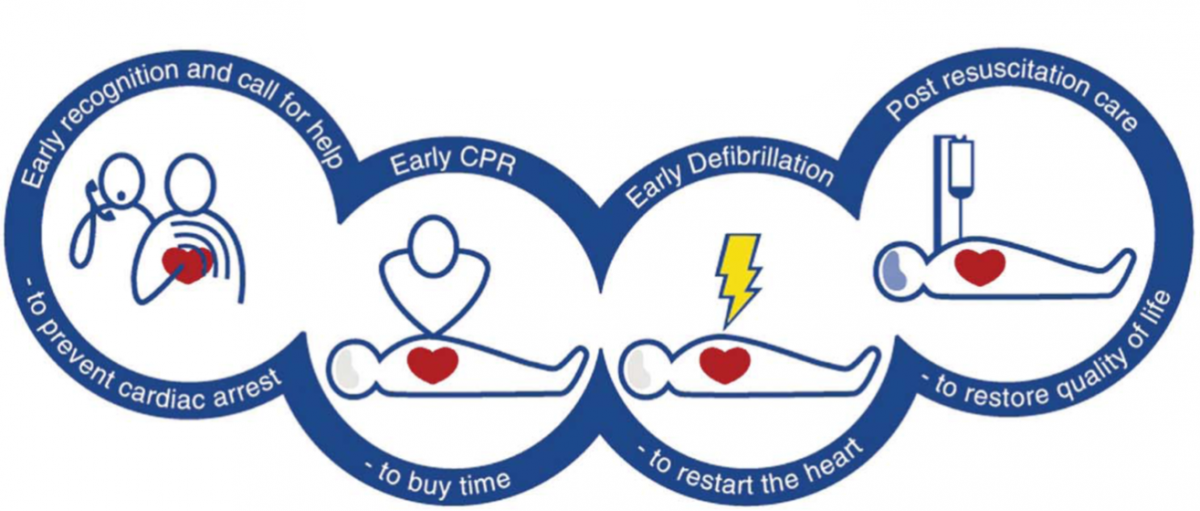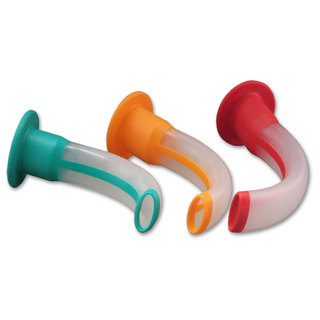It’s been a while since I last wrote anything on here, mainly because life has been very hectic, but having stumbled across my own website, I thought I would share a story which, although sad, is quite fitting with my last post.
I have been a volunteer CFR for EMAS (East Midlands Ambulance Service) for over 3 years; I have volunteer 200 hours per year and attend on average 100 calls per year. Despite having received excellent training and being well prepared, I had never been allocated to a cardiac arrest.
That all changed in mid August 2018. I finished work at 5pm, and booked on as soon as I got home- opting to log on before making and eating dinner. However, no sooner had I sent the ‘On Duty’ text message, I received an immediate alert.
Resource Alloc. Call Details: {call number} **/08/2018 {Patient’s address}, Age **. Conscious-NO, Breathing-NO.
A call to help a patient who is not breathing is about one of the most serious calls we respond to, and this was my first as a solo responder. The piercing sound of my CFR Nokia’s “beep beep beep – beep beep – beep beep beep” made me jump straight into gear and into the car.
All CFRs must adhere to the rules of the road and we are not permitted to drive on blue lights. So despite having to stop at traffic lights and obey the speed limits I managed to arrive within 7 minutes of receiving the call.
Upon arrival at the patient’s address I was met by a relative who came out of the house to meet me. “****’s not responding” they said.
I quickly but calmly grabbed my kit bag and defibrillator, and made my way to the upstairs bedroom, checking for danger as I entered the house. Excellent CPR was being administered by a neighbour, recently trained in first aid at work. I checked the patient for a response. None. I checked that the airway was clear, which it was. For 10 very long, and very lonely seconds I looked, listened and felt for signs of breathing.
None.
Shit.
The neighbour recommenced CPR which allowed me to focus on getting the defibrillator pads on the patient’s bare chest, and phoning the CFR dispatch desk to confirm that this was a cardiac arrest. Many people aren’t aware that CPR alone will not ‘restart a heart’. CPR is one, very important link the chain of survival, its purpose being to get oxygen into a person’s lungs to prevent brain damage. In effect you buy time until a defibrillator arrives on scene. The importance of good and immediate CPR is reflected when you consider that in some cases, CPR can double the chances of survival from out of hospital cardiac arrest.(1)

Whilst the defibrillator was analysing the patient’s heart rhythm, I took the time to measure and insert an OPA (Oropharyngeal airway) to ensure that through the resuscitation attempt the maximum amount of Oxygen was being administered to the patient.

I then set up a BVM (Bag Valve Mask) with 15lpm of Oxygen, the defibrillator advised ‘No shock’ so I took over CPR, using a ratio of 30 chest compression to 2 rescue breaths using the BVM until the AED told me to stop in order for it to perform another analysis cycle.

At this point, ****, an EMAS Paramedic from Hinckley ambulance station arrived on scene, and we worked together until the second ambulance crew arrived. Me doing chest compressions and the Paramedic establishing IV access and an advanced airway.
Upon the arrival of the ambulance the CFR’s role is to assist the Paramedic, and
what happened next was a blur, with ROSC (Return of Spontaneous Circulation) achieved twice, but unfortunately not sustainable.
There is a fine line between helping and getting in the way, so I made a conscious effort to do things I knew needed doing, and following the instructions of the crew. We all worked well as a team, everyone remained very calm and understood our roles, under the excellent leadership of ****.
Having helped transport the patient into the back of the ambulance, and retrieving all of the kit for the paramedic I left the house not knowing what the outcome might be. What I did know, however, was that survival rates for an out of hospital cardiac arrest are less than 1 in 10 – the chances were slim.
I wanted to be sure the neighbour who administered CPR was reassured that she had done everything she could have done for the patient. I didn’t know how I was going to cope with the events of that evening when the adrenelin finally wore off, but I knew I may never see her again to tell her.
Two days after the event, not knowing what the outcome was, I received the following email from EMAS. Unfortunately the outcome wasn’t good, however the feedback reassured me that the training had kicked in, I did everything I possibly could for the family of the patient and was as of much assistance to the Paramedics as I could be.
Hi Alex,Below are some glowing comments from a paramedic that was very appreciative and impressed by the support you gave him at a cardiac arrest. He appears to be very impressed with the manor of the support and the calm way you went about supporting him.
Thank you for all your support and I will make sure that this is kept on your file.
Kind regards
***
______________________
Hi I just wondered whether you would be able to pass on an official thank-you to the Hinckley CFR ‘Alex’ who was first on scene to a cardiac arrest in ******* yesterday. He was a credit to the CFR team – establishing control of the situation prior to my arrival and providing very high quality assistance (over and above what I would normally expect from a community first responder) throughout the resuscitation attempt. Although ultimately unsuccessful he was instrumental in achieving a ROSC twice and I know for a fact that the family were extremely grateful of the effort that he put in.
Kind Regards
**** ****** – Paramedic, Hinckley Station.
As with any big event in life – good or bad; it’s important to reflect on what happened identify learning opportunities, areas for improvement or maybe an assurance that from someone you respect telling you that you did a good job.
That will be a job, and feedback I’ll never forget.
